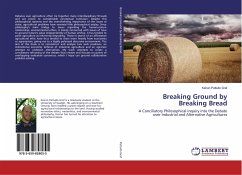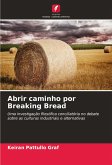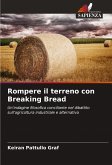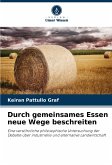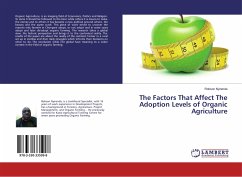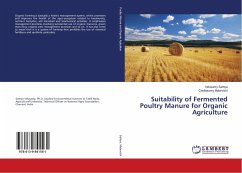Debates over agriculture often tie together many interdisciplinary threads and are prone to considerable conceptual confusion. Despite this philosophical ripeness and the overwhelming importance of the issues at stake, agricultural problems have received little philosophical airplay. Since philosophy's main bridge to issues regarding the human-nature relationship, environmental ethics, is mainly concerned with issues of how to ground nature's value independently of human artifice, it has tended to paint agriculture as inherently degrading. Those in search of an affirmative agricultural ethic have thus tended to draw more heavily from economics or agrarianism, giving rise to a highly polarized discursive environment. The aim of this book is to reconstruct and analyze two such positions, an institutional economic defense of industrial agriculture and an agrarian attempt to underpin alternatives. My work attempts to create a conciliatory reframing of the debate that creates and focuses on points of overlapping evaluative consensus, which I hope can ground collaborative problem solving.
Bitte wählen Sie Ihr Anliegen aus.
Rechnungen
Retourenschein anfordern
Bestellstatus
Storno

